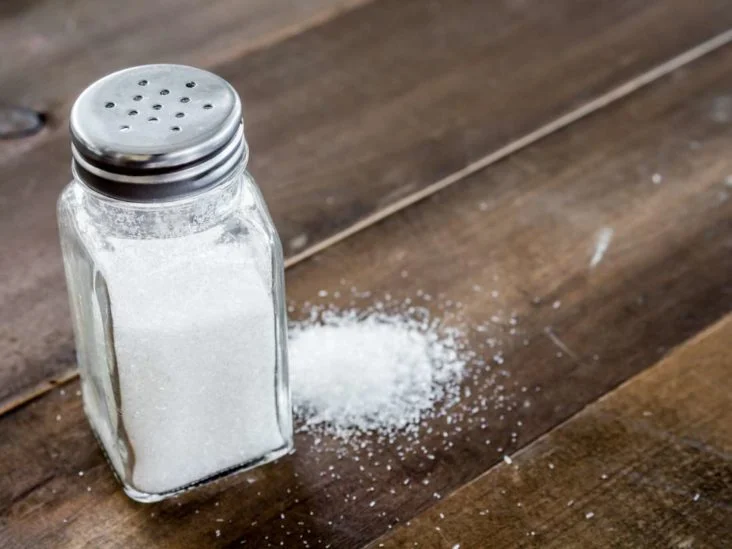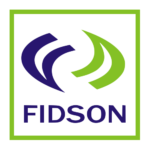For many Nigerians, the real danger is not in what is visible on their plates, it is in what they can’t see or taste. From home-cooked meals to street food, school lunches to restaurant dishes, everyday foods are laced with an invisible risk: excess salt.
Behind the familiar flavors of instant noodles, seasoning cubes, bread, and snacks lies a mounting public health crisis. Medical experts, public health advocates, and food policy reformers have expressed concerns over the country’s dangerously high sodium consumption, which they said, is fueling a surge in hypertension, heart disease, stroke, and kidney failure.
According to the Network for Health Equity and Development (NHED), the average Nigerian consumes nearly nine grams of salt daily, almost twice the World Health Organisation’s recommended maximum of five grams.
The Country Director of NHED, Dr. Emmanuel Sokpo, said “Our food environment is flooded with invisible risks.’’
A public health expert. Dr. Joseph Ekiyor, said “Unhealthy diets are the leading cause of non-communicable diseases (NCDs) in Nigeria. NCDs now account for one in three adult deaths. The economic cost is massive, from medical bills to lost productivity, not to mention the emotional toll on families.”
Nigeria’s food culture has undergone a quiet but profound transformation. “We’re moving away from traditional meals made from whole, fresh ingredients to ultra-processed foods that are aggressively marketed but dangerously high in salt, sugar, and trans fats,” said Country Coordinator of the Global Health Advocacy Incubator (GHAI), Joy Amafah.
The change is visible in urban and rural homes alike: seasoning cubes have replaced fresh spices; instant noodles have replaced locally made dishes; snacks and sodas are now lunchbox staples.
Why Food Labels Matter
One of the most urgent issues, health advocates said, is Nigeria’s poor food labelling system. “Most labels are hidden on the back of packaging, written in technical jargon, and printed in fonts too small to read. They do not clearly show when a product is high in salt or sugar,” said food scientist, Veronica Ezeh.
To fix this, NHED and its partners have called for the adoption of Front-of-Pack Warning Labels (FOPWL), bold, visible warnings placed on the front of food packaging that clearly state when a product is “High in Salt,” “High in Sugar,” or “High in Fat.”
Countries like Chile, Mexico, Peru, and South Africa have adopted FOPWL with remarkable success. Research from these countries shows a decline in the purchase of unhealthy foods, a wave of product reformulations by food companies, and most importantly improved health outcomes.
“Front-of-Pack labels are not just stickers. They are tools of empowerment, especially for low-literacy populations who need clear guidance when making fast food choices,” said Ezeh.
However, the National Sodium Reduction Guidelines, developed by NAFDAC and currently under review for implementation, aim to set maximum sodium content levels for commonly consumed foods like bread, bouillon cubes, snacks, and noodles.
Also, the country has already launched sodium benchmarks, formed technical working groups, and conducted public consultations. But advocates said more urgency is needed.
“Policy delays cost lives. We need enforceable regulations now, not five years from now,” said NHED Programme Officer, Oluwatoyin Adeomi.
For NHED and its partners, the goals are clear: mandatory sodium targets for processed foods, adoption of FOPWL, using an evidence-based nutrient profiling model, and national awareness campaigns to inform consumers and pressure manufacturers.
The advocates have, therefore, called on the media to play a frontline role in exposing the hidden dangers in the country’s food environment, especially excessive salt in processed foods and the lack of clear labeling.
For now, the salt in Nigerian food may be hidden, but the consequences are not. As experts, advocates, and journalists join forces, the hope is to shift the food narrative from profit-driven marketing to people-driven health reform.











